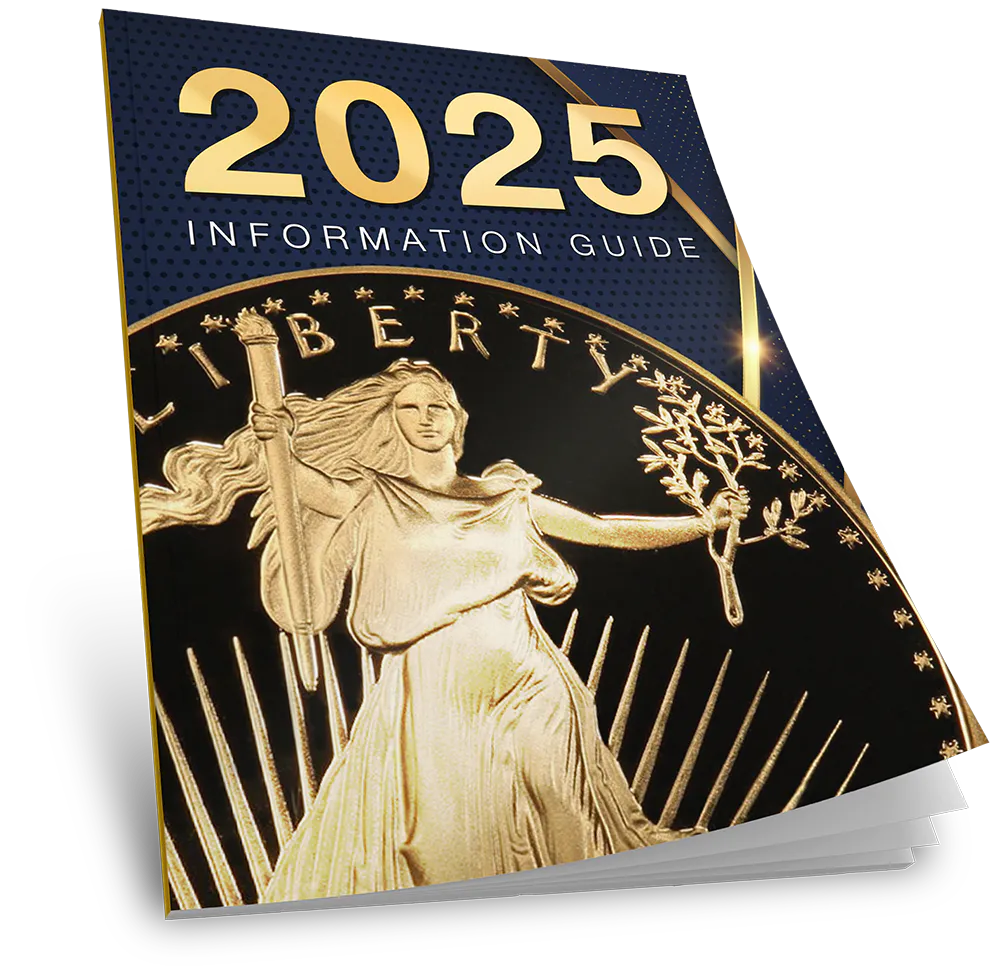AI Warning from the SEC
Artificial Intelligence (AI) is reshaping the world we live in. It’s winning art competitions, creating movies, and passing bar exams. The boundless potential of AI fueled the most recent stock market rally. So, it is no wonder that the finance industry is utilizing AI to get an investing advantage. However, experts warn this technological pursuit could end in disaster.
Gary Gensler is the chair of the SEC. He is considered the most important and powerful financial regulator in the US right now. He issued a stark warning about AI. Gensler said it was “nearly unavoidable” that AI would cause a financial crash as soon as the late 2020s or early 2030s. He said investment firms relying on models developed by tech companies could lead to economic chaos.1
Gensler is also a professor at MIT and wrote a paper about AI’s role in the finance markets. In his opinion, the main problem is that many institutions might be relying on the same underlying base model or data aggregator. There will be few different companies making the AI. And more than likely, they will be drawing from the same data sets. As Gensler explained it, “Models built on the same datasets are likely to generate highly correlated predictions that proceed in lockstep, causing crowding and herding.”2
The AI models could become a “single point of failure” that brings down the entire financial system. Only a handful of people are creating and managing these models. They have similar backgrounds and know each other. The result of which is a common product -with the same strengths and weaknesses across the board.
The finance firms themselves won’t know what the AI is “thinking”. If an AI powered “black box” trading algorithms goes out of control, everyone winds up selling the same thing at the same time, crashing the market.
“I do think we will in the future have a financial crisis . . .[and] in the after action reports people will say ‘Aha! There was either one data aggregator or one model . . . we’ve relied on.’ Maybe it’s in the mortgage market. Maybe it’s in some sector of the equity market,” Gensler said.3
Algorithmic Trading
The danger of computer-controlled trading is not new. A precursor to AI trading, algorithmic trading is automated trading by computers programmed to take certain actions in response to varying market data. Bridgewater Associates, the world’s largest hedge fund, is known for using complex algorithms for investment decisions.
Algorithmic trading has caused ‘flash crashes’ in the market. The May 6, 2010, flash crash caused a trillion-dollar drop in the stock market. It lasted for approximately 36 minutes. In 1987, US markets fell more than 20% in a single day. Black Monday was preceded by a bearish week in which the headline indexes gave up around 10% for the week. It is thought that the cause of the crash was program-driven trading models that followed a portfolio insurance strategy, in tandem with investor panic.4
Other Risks
AI risks go beyond companies giving control of trades to an imperfect system. AI could spell the end of encryption. Without encryption, online banking, trading, e-commerce, and other activities would be impossible.
In addition, AI could generate deepfake news events that send markets crashing. May 23rd is noted as the the first time an AI generated image (of black smoke billowing from what appeared to be a government building near the Pentagon) set off investor fears, sending stocks tumbling.
![[11:18 AM] Randy Schwartz
AI Image Effect on S&P 500](https://www.americanhartfordgold.com/wp-content/uploads/2023/10/AHG_BlogChart_231017_800x740_V2-jpg.webp) 5
5
AI could also generate mass “phishing” attempts. It can take advantage of huge data sets to create personalized emails designed to steal information.
Finally, AI augments the ripple effect. If major investment banks like JPMorgan or Goldman Sachs have an AI-caused disaster costing them hundreds of billions, the repercussions would rattle the entire global economy.
Regulation
Wall Street is already embracing AI. Morgan Stanley is using an AI assistant to help employees get information and recommendations. JPMorgan filed a patent for an AI model that would help traders choose which securities to invest in. But Gensler is warning that regulation must begin now, before it is too late.
Gensler wants to regulate the AI models and how they are used by banks. However, regulations could backfire. They could result in model homogeneity – where they are all doing same thing. Also, regulators won’t know the rules governing trades. Therefore, they won’t be able prevent a crash. Gensler said, “If deep learning predictions were explainable, they wouldn’t be used in the first place.”6
The AI genie is out of the bottle. No one can accurately predict where it will lead us next. All we know is that risks will increase along with the rise of AI. They will grow significantly as the more industry adopts it. Regulators believe they can slow down the risk, but not prevent it. Retirement funds are particularly endangered. One way to protect your savings from a collapsing market is with safe haven assets whose value not connected to a securities exchange, like physical precious metals. A Gold IRA is one step better at securing your funds. Learn why by contacting us today at 800-462-0071.






